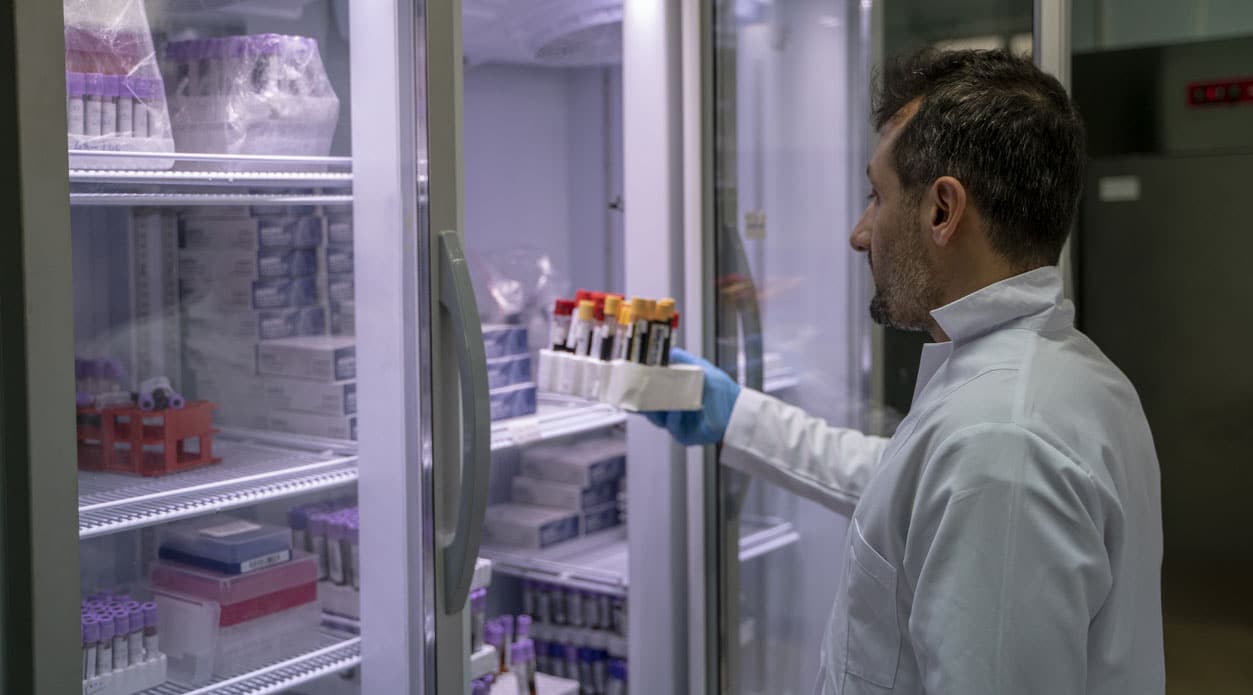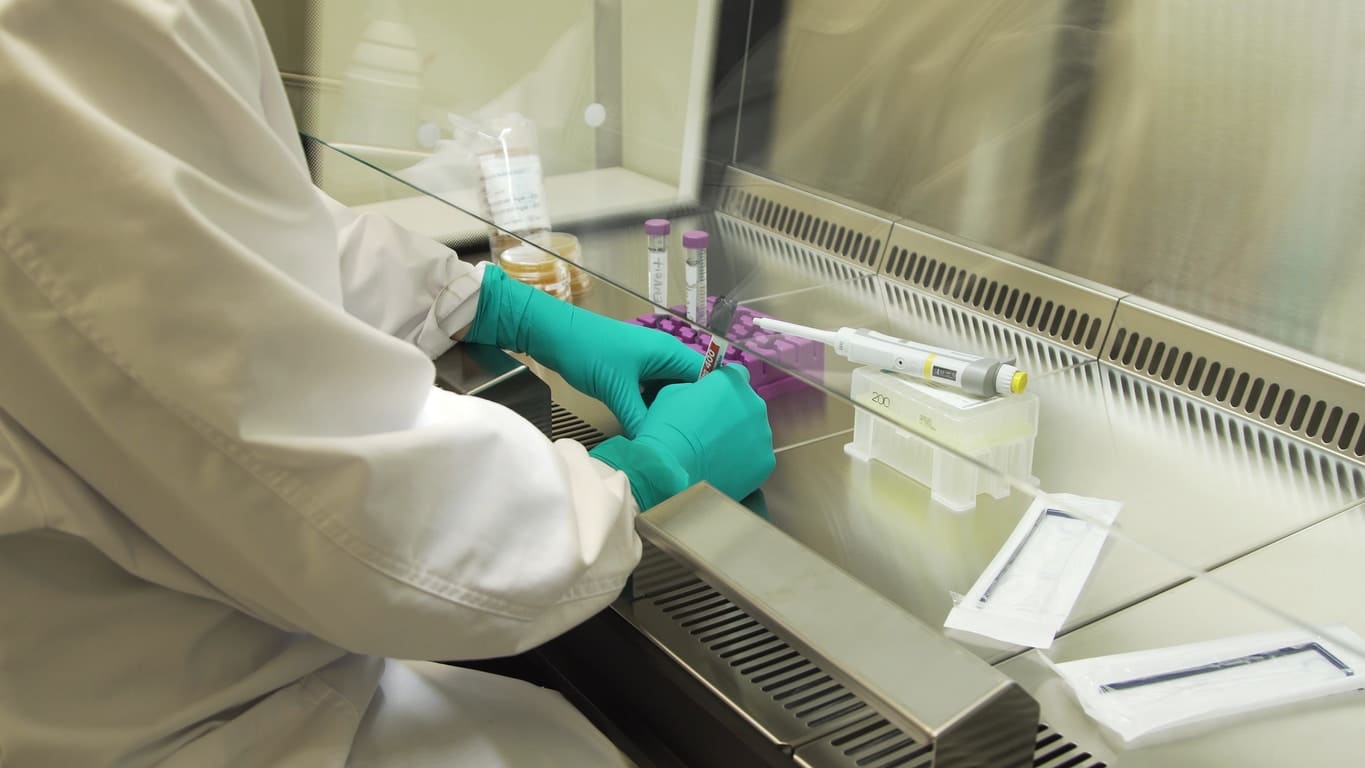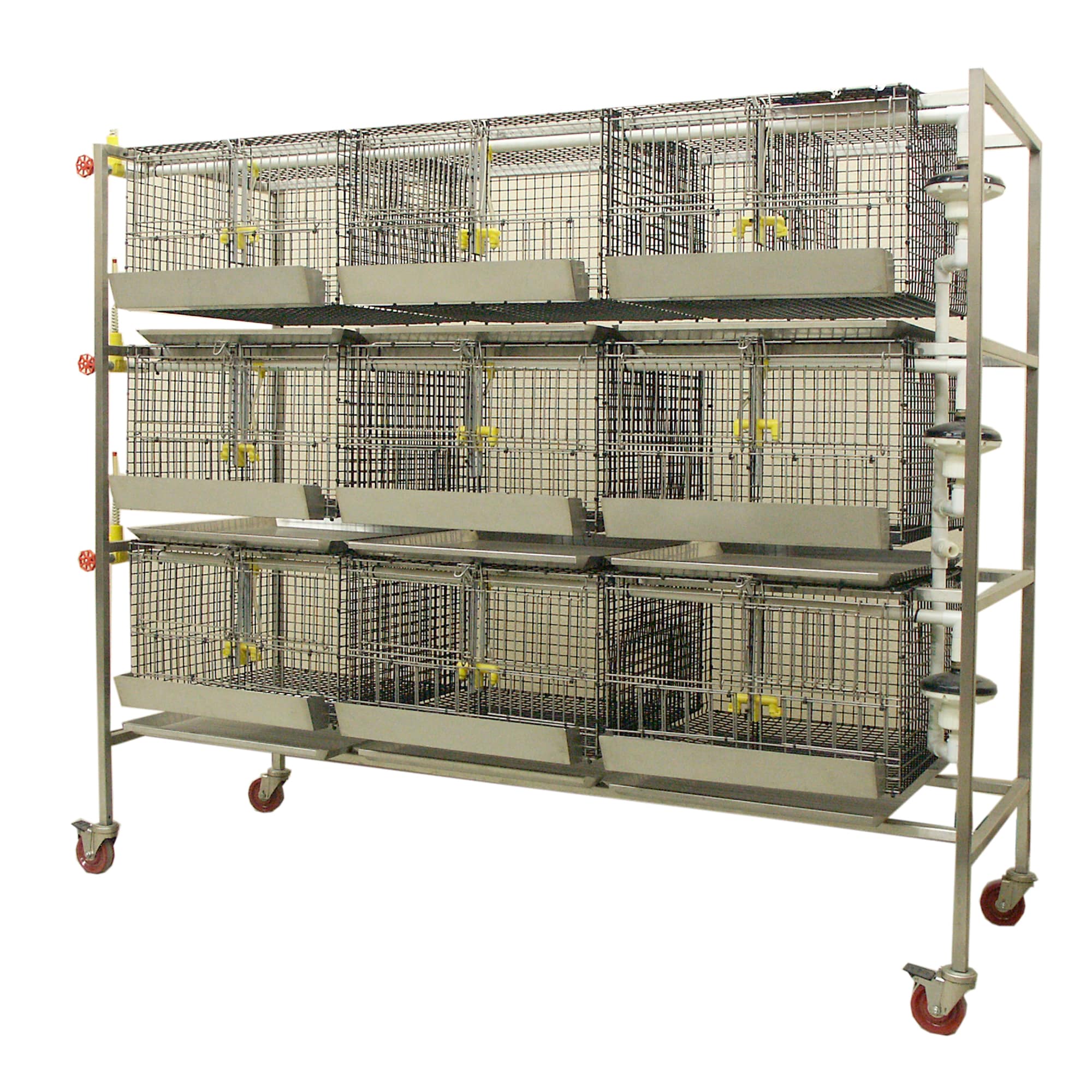In a laboratory setting, hygiene and safety are paramount for the well-being of lab personnel and research animals and the research itself. Contamination can be detrimental to all three, causing harm to those who come into contact with certain liquids and skewing research results. To ensure your laboratory equipment is cleaned to the highest standards, you might install a tunnel washer, and if you read on, we will provide you with an overview of tunnel washers and their applications.
What is a Tunnel Washer?
A tunnel washer, also known as a continuous batch-washing system, is an industrial washing machine that handles heavy-duty items. In the science industries, tunnel washer systems can be used to clean, sanitize, and dry a wide range of equipment required in caring for and housing research animals.
These machines provide far more than your average household dishwasher because they offer various programmable options and shorter cycles and are manufactured to handle many washes a day without impacting quality. Unlike standard washers that use one compartment for the pre-cleaning, cleaning, and drying cycles, tunnel washers have separate compartments for each cycle, and the equipment is funnelled continuously through the machine. This is where the name continuous batch washer comes from.
Applications of a Tunnel Washer
Although tunnel washers have one primary function, to sanitize equipment, they are used across a range of industries, including food, pharmaceutical, and organic waste, because they provide excellent levels of hygiene and sanitation.
In the food and beverage industry, tunnel washers are used to clean boxes, crates, trays, and preparation utensils, and many laboratories have them for glassware and other lab equipment. However, in this section, we will focus on one key application: research animal equipment.
Cleaning Animal Equipment in Research Laboratories
Tunnel washers are valuable machinery that clean, sanitize, and dry any equipment used in science laboratories that house and care for research animals, including cages, cage trays, water bottles, and other utensils. Continuous batch, or tunnel, washers have a conveyor belt system, making loading and unloading a simple task, and allowing easy movement through the machine.
Benefits
The benefits of installing a tunnel washer in a research laboratory are plentiful, as they are versatile and can be integrated with additional equipment to suit your application. They help to increase efficiency by offering quick and thorough cleaning of small and large lab equipment, allowing staff to spend time on their research instead of cleaning. The key benefits of these systems are:
- Cost-effective
- High-quality cleaning
- Increased efficiency
- Versatility
ARES Scientific: Tunnel Washers
ARES Scientific works with science companies and manufacturers worldwide to provide suitable and sustainable products for their applications. We partner with Steelco to provide its AC 3500, which is an automatic, modular tunnel washer suitable for heavy-duty cleaning applications.
AC 3500 Series of Tunnel Washers
The AC 3500 Tunnel Washer is designed to clean, sanitize, and dry cages and utensils used in animal research laboratories. With a productivity of up to 750 cages per hour, this washer guarantees excellent washing and rinsing performance. The flexible modular design enables it to accommodate almost all the cage types available on the market, and the system can be integrated with robot technology for seamless handling.
- Automatic five-step cycle (with optional dryer)
- Automatic solution level control
- Emergency stop buttons at both ends
- Pre-wash and cool-down cycles
- Stainless steel components
- Touch screen control panel
With its hinged glass door for visual inspection and water and energy conservation, the AC 3500 is the perfect solution for laboratories seeking a high-capacity and versatile washing system. Contact us to learn more.




